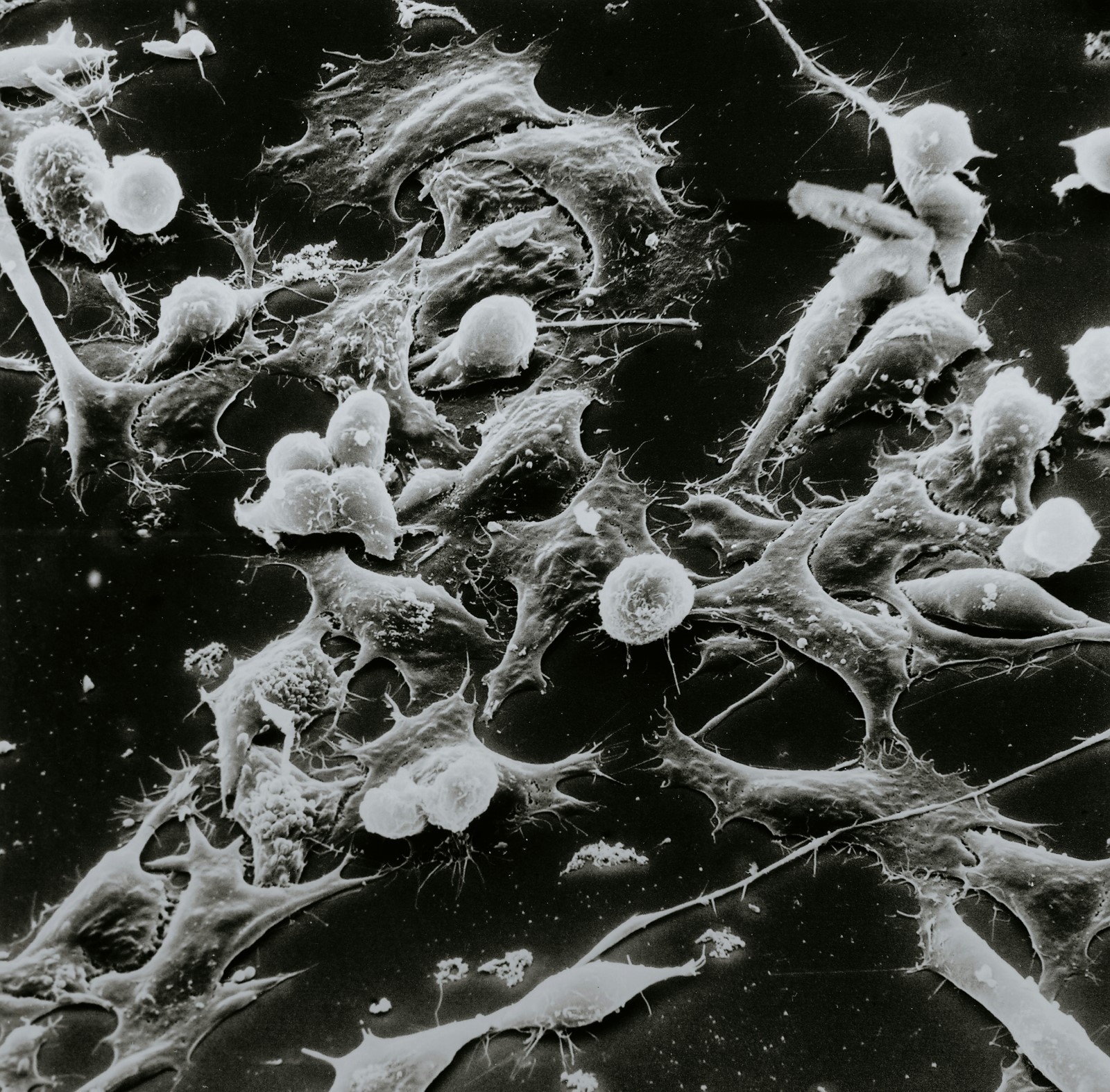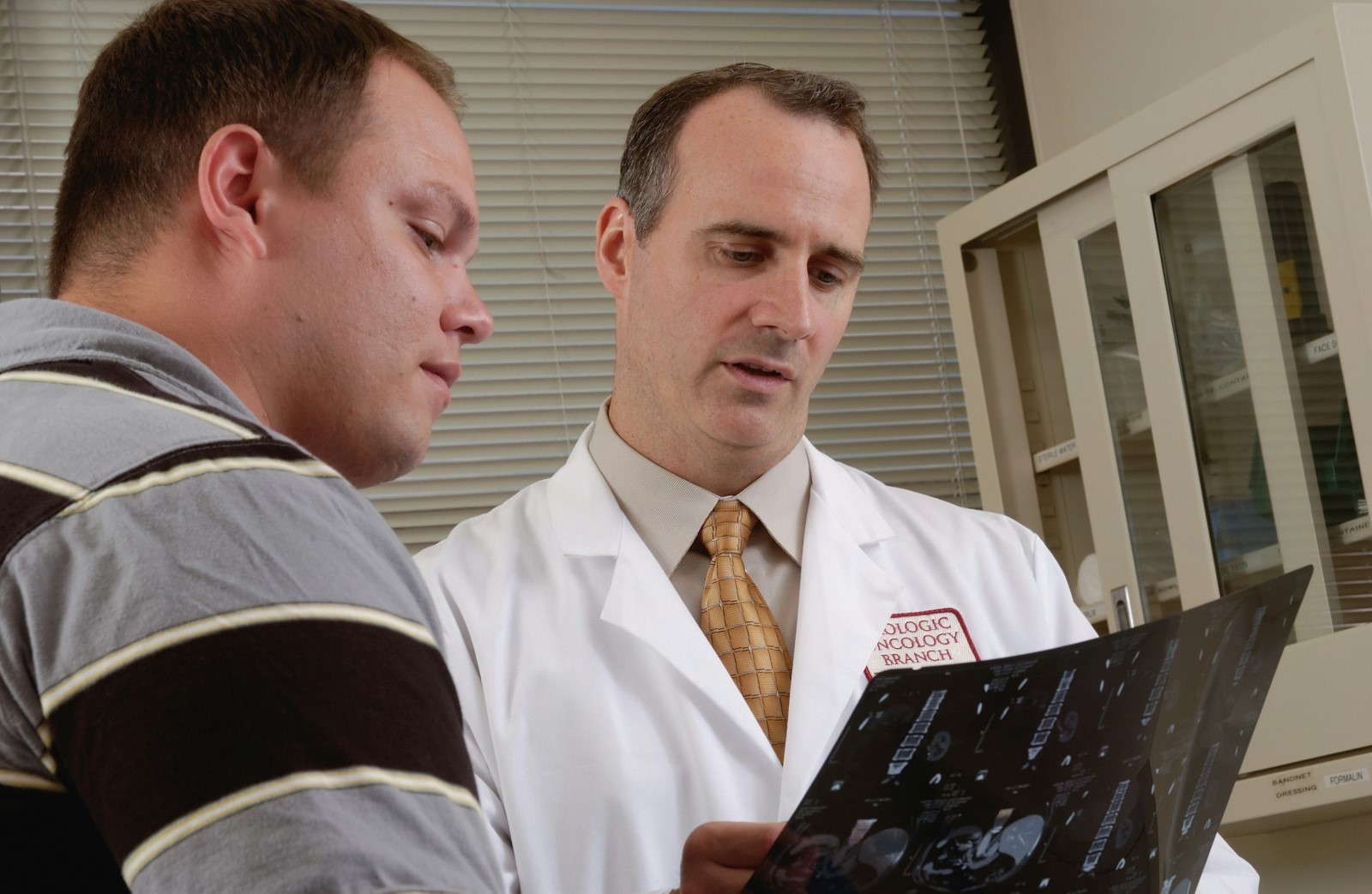Prostate Cancer: Modern Diagnosis & Treatment Options | DrGoGo.bg
At DrGoGo.bg, we believe that knowledge saves lives. Prostate cancer remains one of the most important health topics for Bulgarian men—which is why we are extremely grateful to an experienced urologist who shared this expert material with us. Even when the author prefers to remain anonymous, their dedication to patient health and willingness to educate is a true example of medical care. Here you’ll find practical, science-based information about modern prostate cancer treatment, explained clearly and accessibly.

Prostate cancer is a malignant disease that affects the prostate gland in men. It is among the leading causes of cancer-related death in this population.
Worldwide, prostate cancer ranked second in frequency in 2022, accounting for 14.2% of all cases. In Bulgaria, it is the most common cancer in men—17.8%—with 3,122 new cases and 1,302 deaths in 2022. It is estimated that 80% of men over age 80 have prostate cancer. The two main risk factors are age and hereditary predisposition.

Early detection is key, and screening is the first step. All men over 50 should have their PSA (Prostate-Specific Antigen) tested once a year. If you have any of the listed symptoms, consult a urologist.
The diagnosis of prostate cancer is confirmed by:
-
Urologist consultation
-
Transrectal ultrasound
-
Prostate biopsy with cytology
-
Blood tests
-
Urine tests
-
Prostate-specific antigen (PSA) testing
-
Uroflowmetry
-
Bone scan
-
CT scan
-
MRI
The decision for the most appropriate prostate cancer treatment is always individual and based on the stage of the disease, comorbidities, general health, age, expected life expectancy, and other factors.

Radiation therapy:
This consists of treatments using ionizing radiation—high-energy X-rays that kill tumor cells. Ionizing radiation may be applied externally through the skin (percutaneous), or via the implantation of radioactive materials directly into the area of the cancer (internal radiation or brachytherapy).
Like other cancer treatments (surgery, chemotherapy), radiation therapy affects both tumor cells and normal tissues. However, the body can regenerate healthy cells and restore their normal function. Successful radiation therapy results from a personalized treatment plan that delivers ionizing radiation to the tumor in the best and most effective way, destroying cancer cells while minimizing damage to healthy tissue.

Brachytherapy:
With this form of radiation, a temporary implant is placed in the prostate to deliver a high dose of radiation directly to the tumor. This method affects surrounding tissues less than external (percutaneous) irradiation. The procedure takes about an hour and is done on an outpatient basis. The method enables irradiation of the entire prostate and reaches every cancer cell within it. The treatment course consists of a small number of procedures.
Who is brachytherapy suitable for?
This therapy can be beneficial as part of comprehensive prostate cancer treatment for patients with low or intermediate risk, and in selected cases, high-risk groups.
Is there risk with brachytherapy?
Although irradiation is performed on a small area, due to the prostate's proximity to the urethra, brachytherapy can cause more acute urinary irritation compared to external radiation. Some patients require temporary catheterization. Patients undergoing brachytherapy should not drive.
External percutaneous radiation therapy:
This is the most common form of radiation treatment. Before starting, detailed planning is carried out. During planning, specialists use CT images taken in the treatment position to determine the exact target area. During radiation, the patient lies on a special table, and the beam is precisely targeted at the prostate. Each session lasts a few minutes and is typically applied five times a week for several weeks.
Advantages of volumetric modulated arc therapy:
Radiation therapy is an alternative to surgery in many cases of early prostate cancer. For more advanced disease involving pelvic lymph nodes, surgery is usually not indicated and radiation is the only treatment offering a chance for cure. In high-risk cases, radiation is combined with hormone therapy.

Treatment of metastatic disease:
When the cancer spreads or metastasizes beyond the prostate, a different type of treatment is usually used:
Hormone therapy:
Hormone therapy for prostate cancer reduces levels of the male hormone testosterone, slowing tumor growth. This is achieved with medications that stop testosterone production in the cells or through surgery to remove the testicles, which produce testosterone. Hormone therapy cannot cure advanced prostate cancer but can be used alone or in combination with other therapies to improve quality of life and prolong survival.
Clinical trials are ongoing worldwide to clarify the role and effects of different types of hormone therapy. The most common form uses drugs called LHRH agonists. Blocking testosterone slows the growth of cancer. Other classes of medications act by preventing cancer cells from using testosterone.
A new class, androgen biosynthesis inhibitors, are oral medications that selectively block hormone production by the adrenal gland, which also drives prostate cancer growth. Their timing is often personalized based on patient needs and are prescribed to men with advanced disease who no longer respond to hormone therapy, or those who have received chemotherapy and need further treatment.
What are the advantages of hormone therapy?
Before radiation, it can shrink the prostate, lower PSA, and improve treatment results.

Who is hormone therapy suitable for?
It is often used in men undergoing radiation. Men whose cancer has spread to bones or lymph nodes usually undergo hormone therapy. Treatment decisions consider effects on quality of life, cost, and potential efficacy and safety for each patient.
Are there risks to hormone therapy?
Drugs that lower testosterone are associated with many side effects, including decreased libido, impotence, hot flashes, weight gain, breast tenderness/enlargement, loss of muscle and bone mass, and fatigue. Hormone therapy is linked to increased risk of metabolic syndrome, diabetes, lower HDL (“good” cholesterol), and cardiovascular disease. Advanced prostate cancer can become resistant to hormone therapy; when that happens, other proven life-extending treatments are considered.
Prostate cancer is no longer a sentence, but a diagnosis—where early detection and the right approach make all the difference.
Don’t neglect prevention—screening and timely urologist consultation can save lives.
We thank our anonymous expert for the valuable guidance, and all our readers for their trust. Stay informed, share knowledge, and take care of yourself and your loved ones. DrGoGo is with you!





Comments